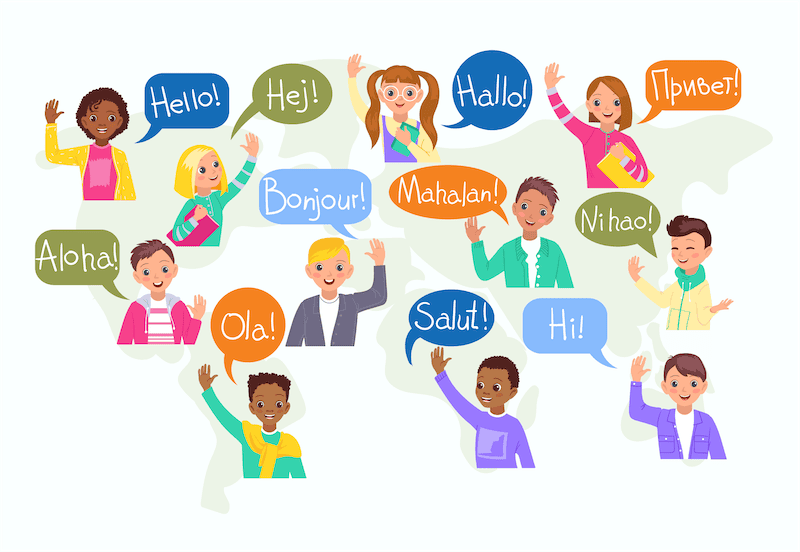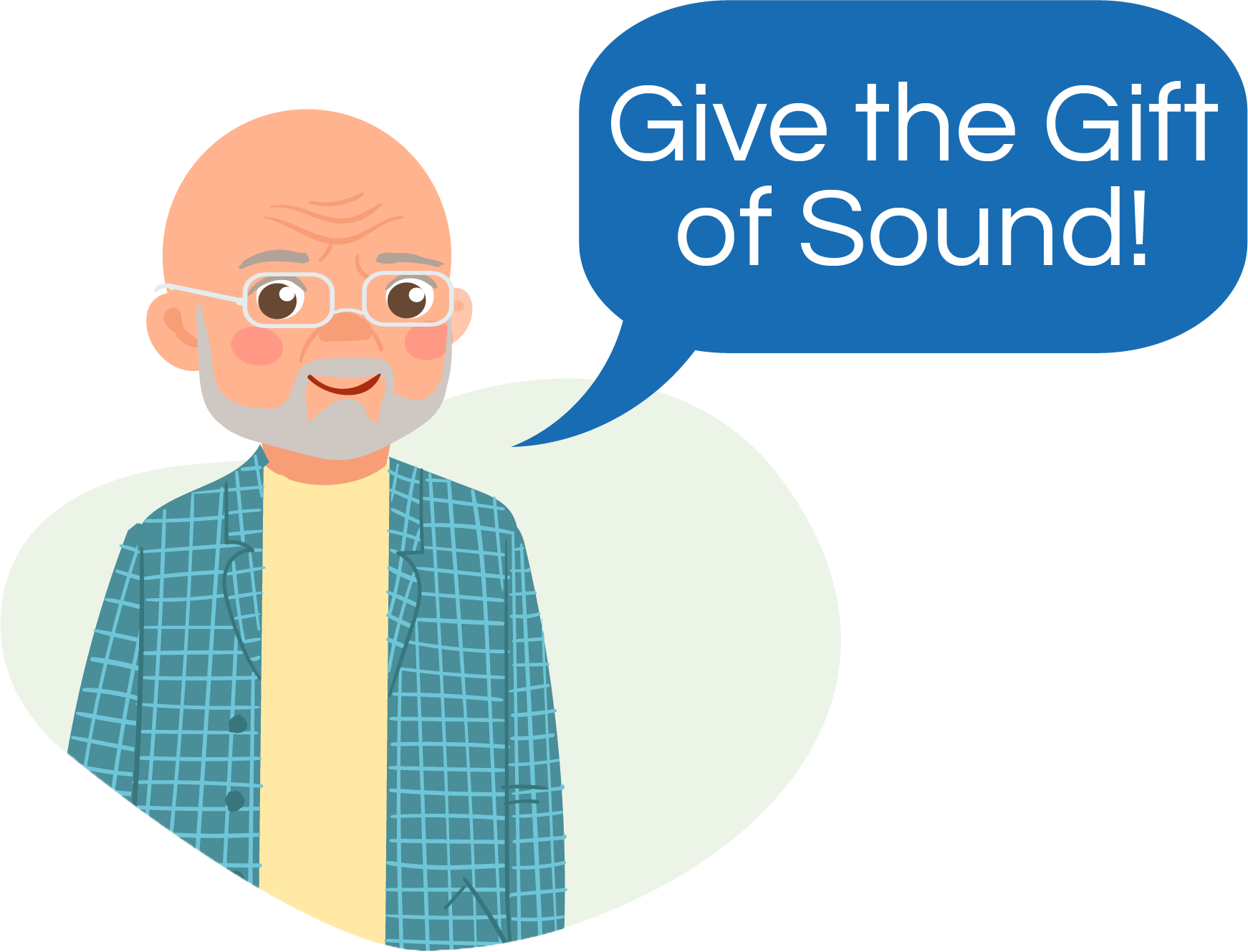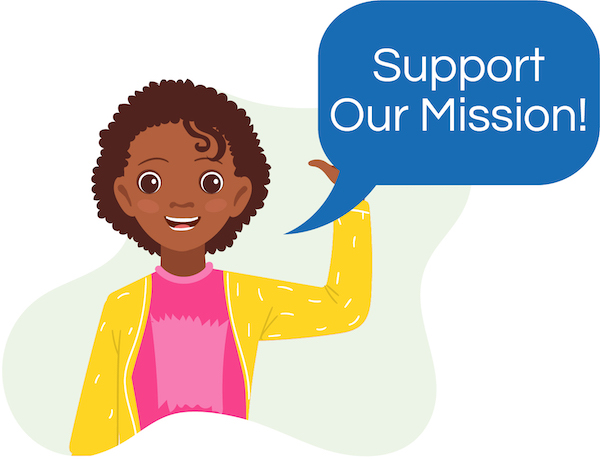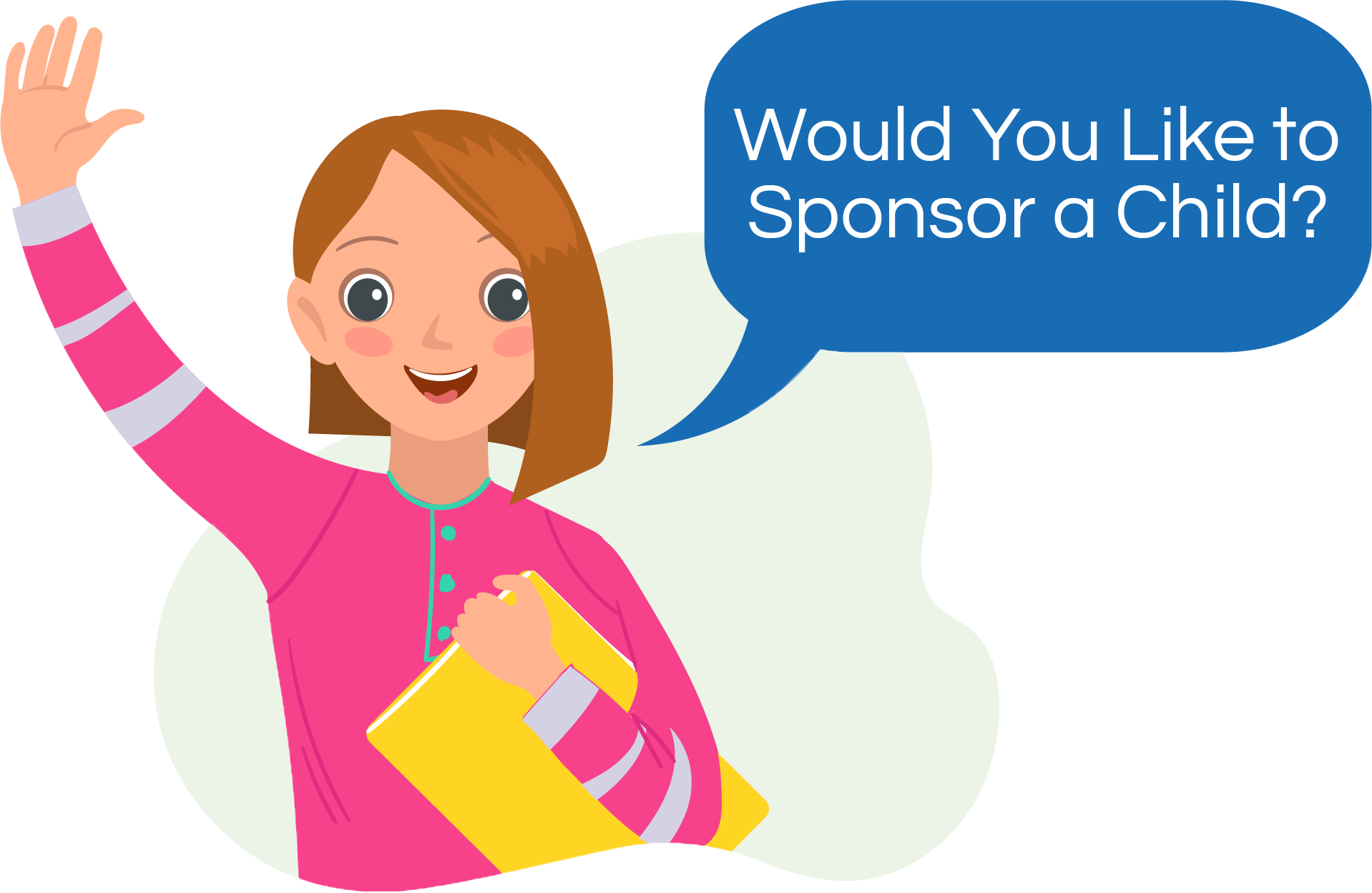What Is Language and Speech?
Language Is Different from Speech
- What words mean (e.g., "star" can refer to a bright object in the night sky or a celebrity)
- How to make new words (e.g., friend, friendly, unfriendly)
- How to put words together (e.g., "Peg walked to the new store" rather than "Peg walk store new")
- What word combinations are best in what situations ("Would you mind moving your foot?" could quickly change to "Get off my foot, please!" if the first request did not produce results)
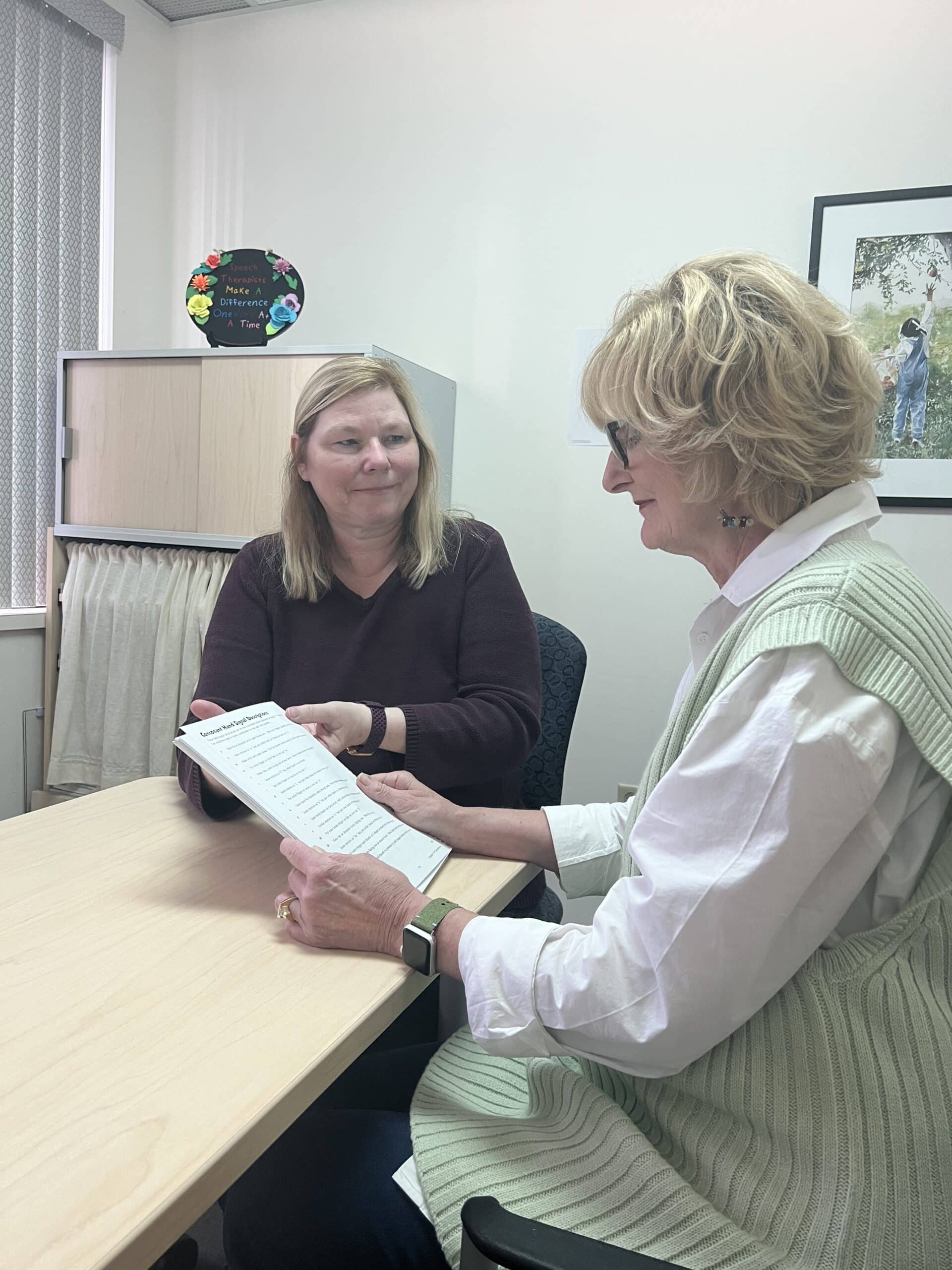
Speech and Language Disorders
A language disorder is diagnosed when a person has trouble understanding others (receptive language), or sharing thoughts, ideas, and feelings completely (expressive language). A receptive and expressive language disorder means we may not have a good understanding of the meaning of words and how and when to use them. Because of this, we have trouble following directions and speaking in long sentences. Many others, including adults with aphasia and children with learning disabilities, have language problems.
A speech disorder is diagnosed when a person is unable to produce speech sounds correctly or fluently, or has problems with his or her voice. Speech disorders can make us hard to understand. If the lips, tongue, and mouth are not moved at the right time, then what we say will not sound right. Children who stutter, and people whose voices sound hoarse or nasal have speech problems as well.
School and Clinic Locations
Let Us Help
At Buffalo Hearing & Speech Center, we are dedicated to helping you overcome any hearing, speech, communication, or educational need you have. Call us to speak with a Specialist or Write Us A Message.
The solution starts here!

